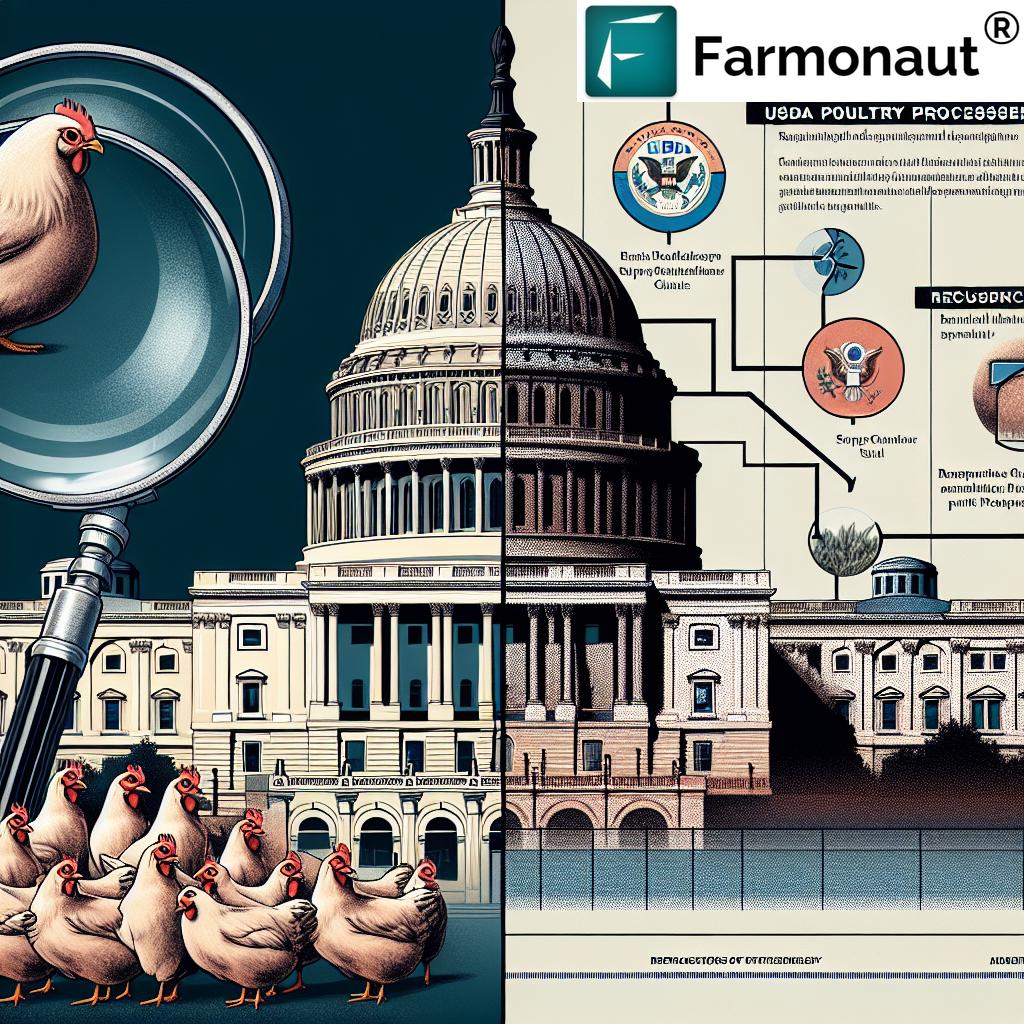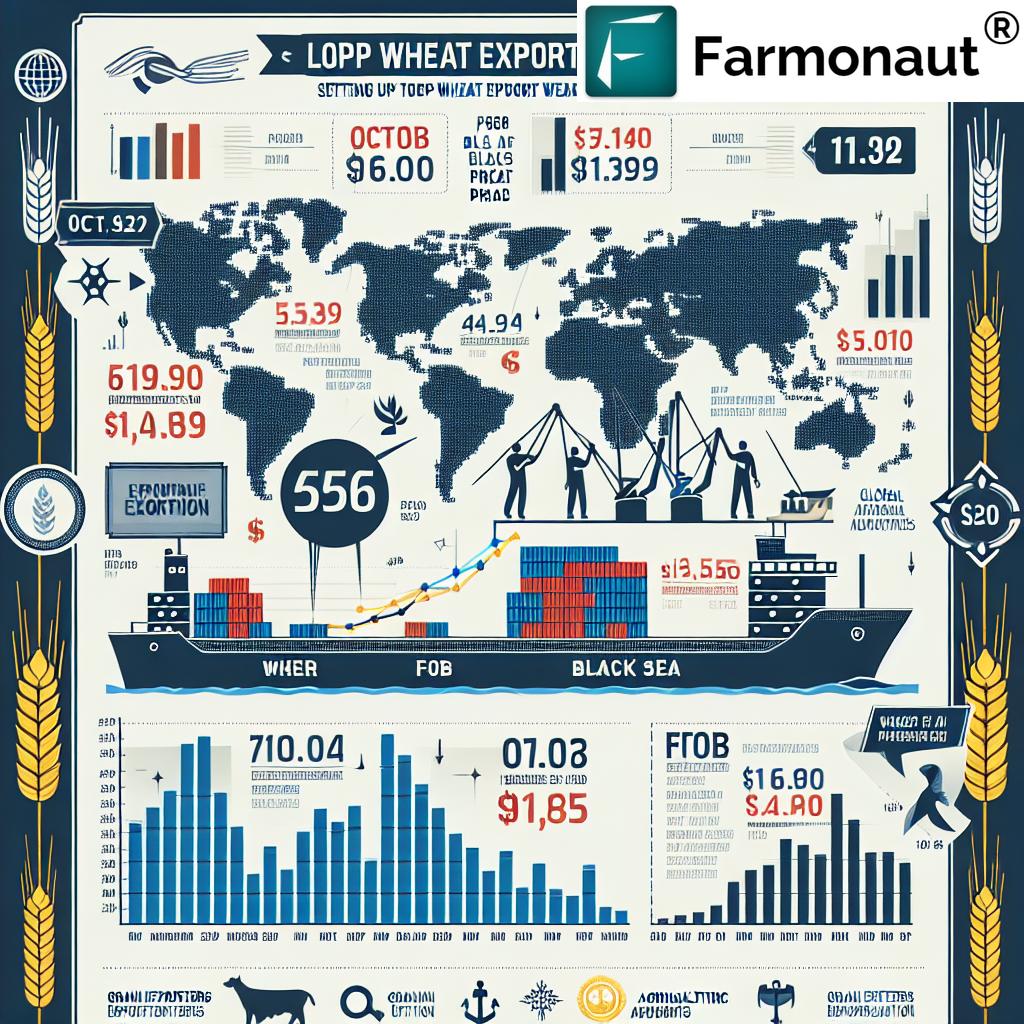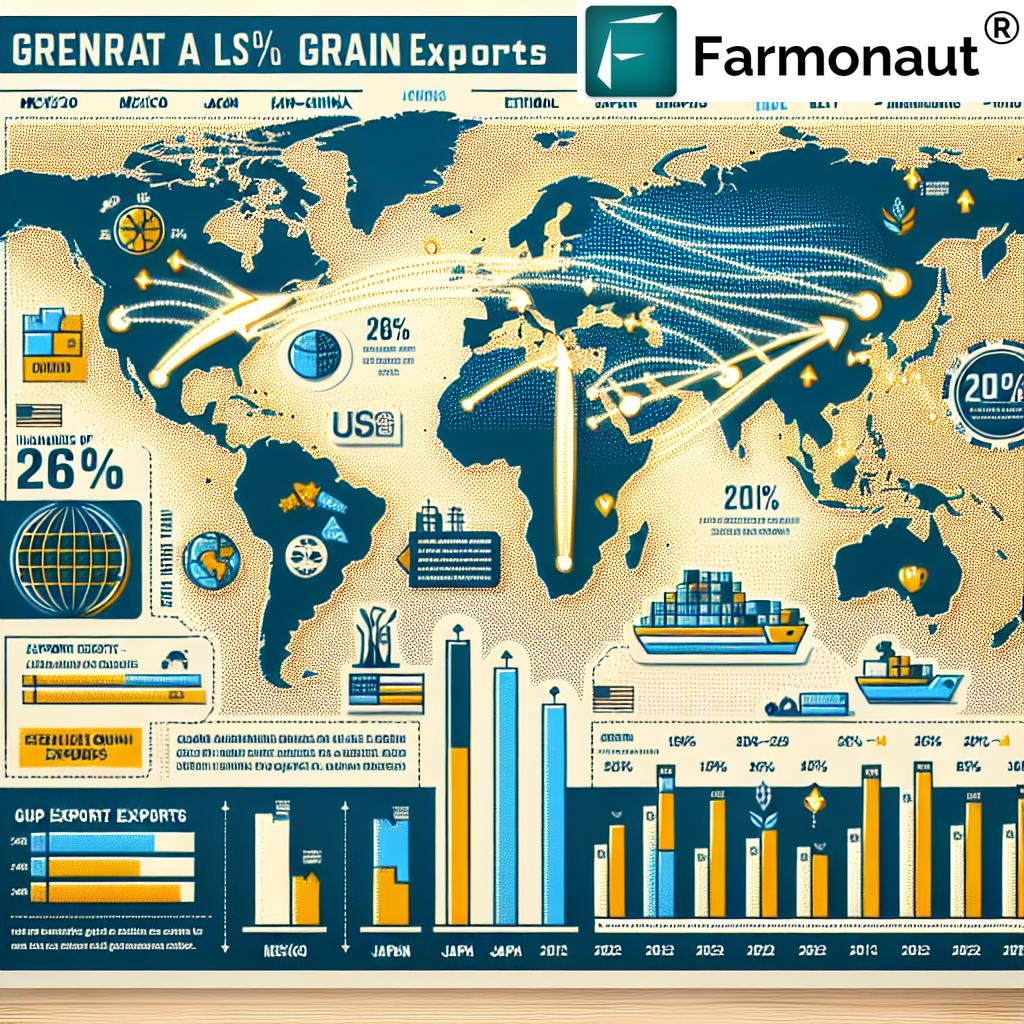Shocking: 1.3 Million Iowa Chickens Euthanized as Poultry Crisis Deepens – Congressional Probe Demanded
DES MOINES, Iowa – In a devastating turn of events for the Midwest poultry industry, the Iowa Department of Agriculture and Land Stewardship has announced the euthanization of approximately 1.3 million chickens across 13 farms in Iowa. This drastic measure, known as “depopulation,” comes in the wake of the Charles City poultry plant closure, sending shockwaves through the agricultural community and prompting calls for a congressional inquiry.

The Unfolding of the Iowa Chicken Euthanization Crisis
The Iowa chicken euthanization crisis began on October 2 when Pure Prairie Poultry Inc. abruptly shut down its Charles City processing plant and laid off its workforce. This closure left farmers in a precarious position, with millions of chickens and no means to process them. State officials initially scrambled to find potential buyers and processors for the birds, but their efforts proved futile.
After exhaustive attempts to salvage the situation, the Iowa Department of Agriculture was left with no alternative but to implement Iowa agriculture depopulation measures. The grim process of euthanizing the chickens commenced on October 17 and concluded on October 25, marking a dark chapter in the state’s agricultural history.
Pure Prairie Poultry Bankruptcy Impact
The root cause of this crisis can be traced back to the Pure Prairie Poultry bankruptcy, which has had far-reaching consequences for the poultry industry in the Midwest. The company’s Chapter 11 filing on September 20 left up to 50 farmers across Minnesota, Iowa, and Wisconsin in dire straits, with over 2 million chickens suddenly without feed or processing options.
- Closure of the Charles City plant
- Loss of jobs for plant workers
- Farmers left without a market for their chickens
- Significant disruption to the poultry supply chain
This situation has highlighted the fragility of the poultry supply chain impact and the devastating consequences when a key player in the industry collapses.
USDA Poultry Processor Grants Under Scrutiny
In light of these events, attention has turned to the United States Department of Agriculture (USDA) and its role in the crisis. It has come to light that Pure Prairie Poultry received over $45 million in USDA poultry processor grants and loans. These funds were intended to bolster meat and poultry processing capacity in the region.
The bankruptcy and subsequent plant closure have raised serious questions about the USDA poultry processor grants oversight. Critics argue that there was insufficient monitoring of how these substantial taxpayer-funded grants were being utilized.

Congressional Inquiry into USDA Poultry Grants
In response to the crisis, a bipartisan group of lawmakers has called for a congressional inquiry USDA oversight. Led by Minnesota Congressman Brad Finstad, member of the House Committee on Agriculture and Chairman of the Subcommittee on Nutrition, Foreign Agriculture, and Horticulture, the group has sent a letter to United States Agriculture Secretary Tom Vilsack demanding answers.
Senator Chuck Grassley of Iowa, along with seven other members of Congress, has joined Finstad in this initiative. They are seeking explanations on the distribution and oversight of the grants and loans that were awarded to Pure Prairie Poultry.
“USDA has provided millions of dollars in taxpayer-funded loans and grants to meat and poultry processors across the country, which is why my colleagues and I are calling on USDA to provide answers,” says Representative Finstad. “While expanding livestock markets and processing capacity is critical for farm country, the lack of oversight of these dollars by USDA harmed producers and caused a significant disruption to our nation’s food supply chain.”
Midwest Poultry Industry Disruption
The ripple effects of this crisis are being felt across the entire Midwest poultry industry. The closure of the Charles City plant has exposed the vulnerabilities in the region’s farm country processing capacity. Farmers who relied on Pure Prairie Poultry for processing their birds are now facing a severe shortage of alternatives.
This Midwest poultry industry disruption is not just affecting chicken farmers. The entire agricultural ecosystem in the region is feeling the strain, from feed suppliers to transportation companies. The loss of a major processor has created a bottleneck in the supply chain, leaving farmers with limited options for their produce.
The Plight of Midwest Chicken Farmers
At the heart of this crisis are the Midwest chicken farmers who find themselves in an unprecedented predicament. Many of these farmers have invested heavily in their operations, often taking on significant debt to expand their facilities in response to the perceived stability of their contracts with Pure Prairie Poultry.
- Loss of income due to inability to process chickens
- Ongoing costs of maintaining facilities and caring for birds
- Emotional toll of witnessing the euthanization of their flocks
- Uncertainty about the future of their farming operations
The Midwest chicken farmers crisis is a stark reminder of the vulnerabilities faced by agricultural producers who are often at the mercy of larger market forces and corporate decisions.
Looking Ahead: Addressing the Poultry Supply Chain Disruption Midwest
As the dust settles on this immediate crisis, attention is turning to long-term solutions to prevent such catastrophic events in the future. Industry experts and policymakers are calling for a comprehensive review of the poultry supply chain disruption Midwest to identify weaknesses and implement safeguards.
Some proposed measures include:
- Diversifying processing options to reduce reliance on single large facilities
- Implementing more robust oversight mechanisms for USDA grants and loans
- Developing emergency response plans for sudden plant closures
- Encouraging the establishment of smaller, local processing facilities
The crisis has also highlighted the need for better farm country processing capacity to ensure that farmers have multiple options for processing their livestock.
Conclusion: A Wake-Up Call for the Poultry Industry
The euthanization of 1.3 million chickens in Iowa serves as a stark wake-up call for the entire poultry industry. It underscores the fragility of the current system and the dire consequences when a key component of the supply chain fails.
As the congressional inquiry into USDA poultry grants unfolds, it is clear that significant changes are needed to prevent such crises in the future. The industry must work towards building a more resilient, diversified, and transparent system that can withstand shocks and protect the livelihoods of farmers and workers alike.
The road to recovery will be long, but with concerted efforts from all stakeholders, there is hope for a stronger, more sustainable poultry industry in the Midwest and beyond.
For farmers and agricultural professionals looking to optimize their operations and stay informed about industry developments, Farmonaut offers cutting-edge satellite and weather monitoring solutions. Visit our website or download our app to learn more:
For developers interested in integrating agricultural data into their applications, check out our API:
Download our mobile apps for on-the-go farm management:
For more information on our API and its capabilities, visit our developer documentation:
















